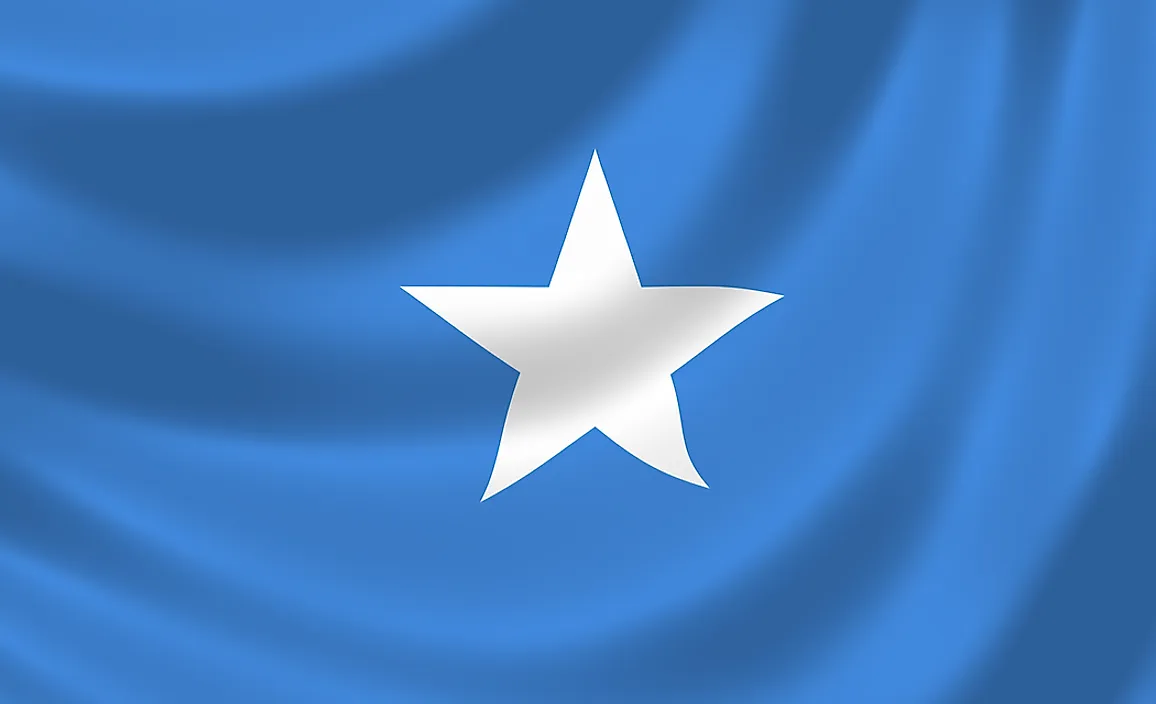The World today celebrates the annual observance of the 21st of February as International Mother Language day, a significant event that marks the importance of the Mother Language.
This global day is a special occasion that aims to raise awareness about the importance of languages, cultures, and the overall development of language-related skills and activities. World Mother Language Day was first proclaimed by UNESCO on November 17, 1999, and later in 2008, the International Year of Languages was declared, following a resolution by the United Nations General Assembly for the years 2002 to 2007, in recognition of the need to promote linguistic diversity and multilingualism.
The importance of the 21st of February lies in its global significance to encourage nations to promote more than six thousand languages, preserve social cohesion, foster language rights, and strengthen international cooperation towards linguistic diversity and cultural vitality. Somali people are part of the global community that marks the celebration of the 21st of February, which highlights the importance of languages and their role in shaping our lives, communities, and interactions with the world. Language is a crucial aspect of human development and plays a pivotal role in fostering social integration and cohesion, preserving heritage and culture, and facilitating economic growth and global cooperation.
On October 21, 1972, the Somali language was officially written for the first time, and a standard orthography was established, which led to the creation of dictionaries, books, and guidelines on how to write the Somali language. This milestone provided the foundation for the development of language-related skills and activities in Somalia.
Similarly, on January 21, 1973, the Somali government launched a newspaper, which was written in Somali, and introduced an educational curriculum that promoted the development of language-related skills, historical and cultural heritage, and scientific knowledge.
Somali is a beautiful language that is spoken by millions of people in Somalia, Djibouti, Ethiopia, and other parts of the world. It is a language with a rich culture and history, and it is the official language of Somalia. However, the use of the Somali language has been declining in recent years due to the influence of other languages and the lack of promotion of the language. This is why local communities in Somali regions need to play an active role in promoting the use of the Somali language.
There are several ways in which local communities in Somali regions can participate in promoting the use of the Somali language. The first and most important way is to speak Somali at home and in public. Parents can encourage their children to speak Somali by using it as the primary language at home. This will help children to learn and appreciate the language from a young age. Moreover, local communities can organize events and gatherings where the Somali language is spoken and celebrated. These events can include cultural festivals, poetry readings, and storytelling sessions.
Another way to promote the use of the Somali language is through education. Local communities can work with schools to ensure that the Somali language is taught and promoted in the curriculum. This can be done by incorporating the Somali language into lessons and hiring Somali-speaking teachers to teach the language. In addition, local communities can create language programs that teach Somali to non-Somali speakers. This will not only help to promote the language but will also help to build bridges between different communities.
Furthermore, the use of social media can be a powerful tool in promoting the Somali language. Local communities can create social media accounts that promote the use of the Somali language. They can share news and information in Somali, create videos in Somali, and encourage people to speak the language. This will not only help to reach a wider audience but will also create a sense of community among Somali speakers.
Finally, local communities need to celebrate the Somali language and its culture. This can be done by creating cultural centers that promote Somali culture, organizing festivals and events, and creating art and literature in Somali. This will not only help to preserve the language and culture but will also help to create a sense of pride and identity among Somali speakers.
It is important to note that the Al-Shabaab insurgency has harmed the education system in Somalia, particularly in the areas that they have controlled. The group has prohibited or discouraged secular education and imposed its strict interpretation of Islamic law on the population. This has led to a decline in the number of schools and the quality of education in those areas.
Fortunately, the Somali government, has been able to liberate most of the regions that were previously under the control of Al-Shabaab. This has created an opportunity for the government to rebuild and improve the education system in those areas. As you mentioned, the government is already building schools in liberated areas, which is a positive step forward.
It is important to note that the Somali language is a vital part of the country’s cultural heritage and identity. Therefore, special focus must be placed on promoting the Somali language in the education system. This can be done by ensuring that Somali is taught as a subject in schools and that Somali-speaking teachers are hired to teach the language. This will not only help to promote the use of the Somali language but will also help to preserve the country’s cultural heritage.
In conclusion, the Somali language is an important part of the country’s cultural heritage and identity, and local communities and the government must work together to promote and preserve it. Despite the challenges posed by groups such as Al-Shabaab, the Somali government is making progress in liberating regions from their control and rebuilding the education system. The promotion of the Somali language must be prioritized in this process, as it is a key part of the country’s cultural identity and a vital component of its future development.
In conclusion, the Somali language is a beautiful and important language that needs to be promoted and celebrated. Local communities in Somali regions can play an active role in promoting the use of the Somali language by speaking Somali at home and in public, incorporating the language into education, using social media to promote the language, and celebrating Somali culture. By working together, local communities can ensure that the Somali language and culture are preserved for future generations
It is also crucial for the Somali government to prioritize the promotion and preservation of the Somali language by incorporating it into the education system and hiring Somali-speaking teachers. Despite the challenges posed by groups like Al-Shabaab, the Somali government is making progress in liberating regions and rebuilding the education system. The promotion of the Somali language must be prioritized in this process, as it is a key part of the country’s cultural identity and a vital component of its future development. By working together, local communities and the government can ensure that the Somali language and culture continue to thrive for generations to come.
By: Abdiqani





